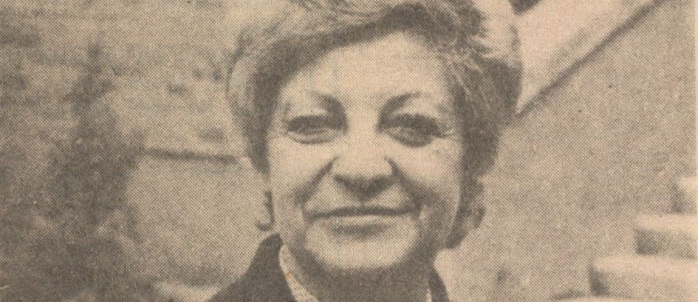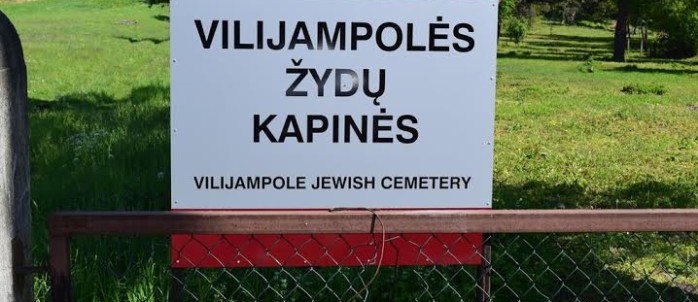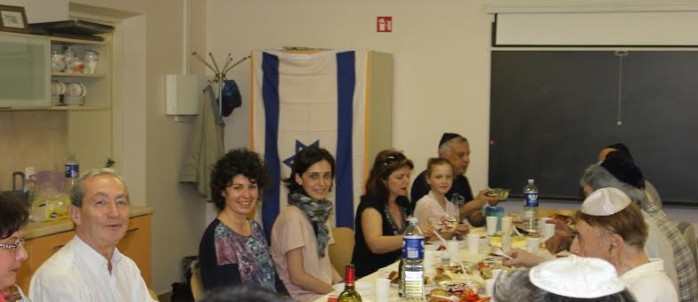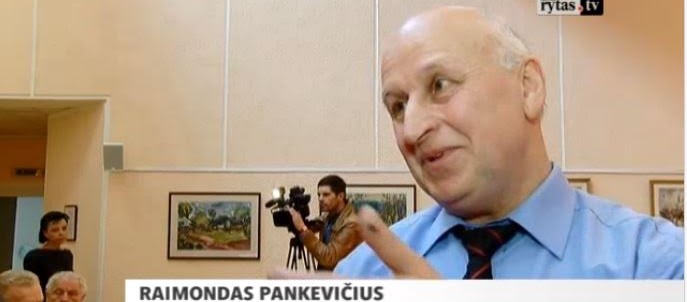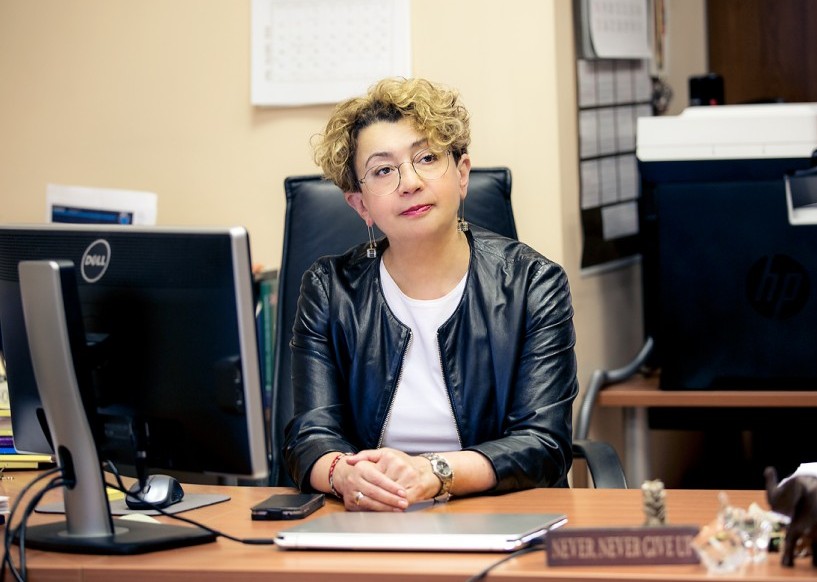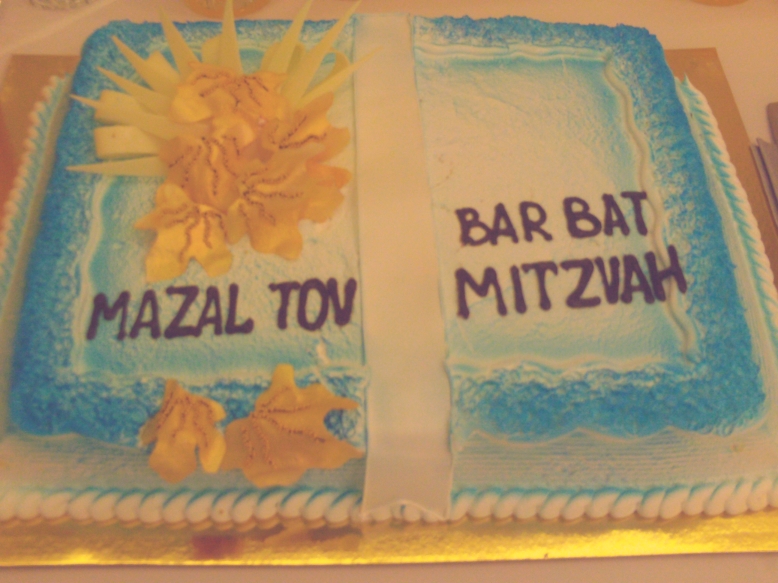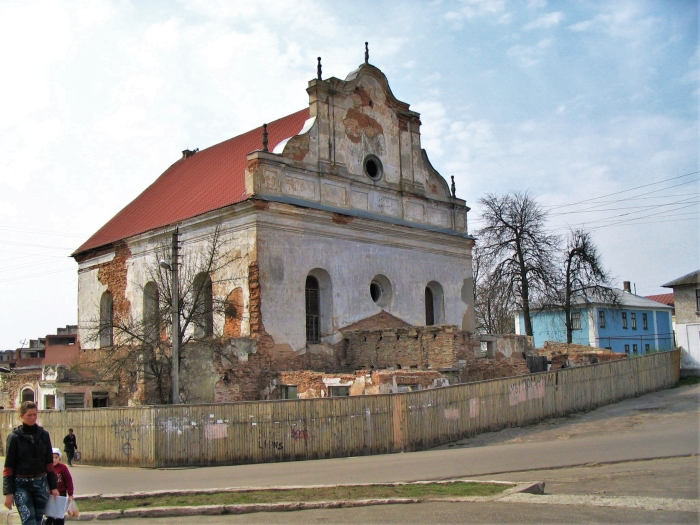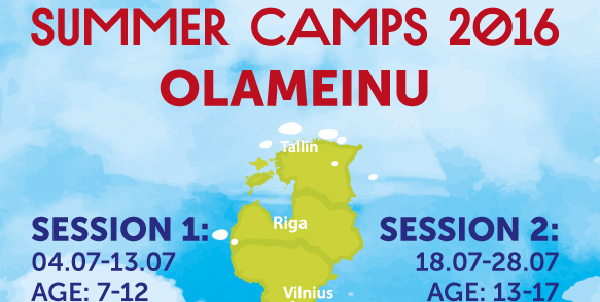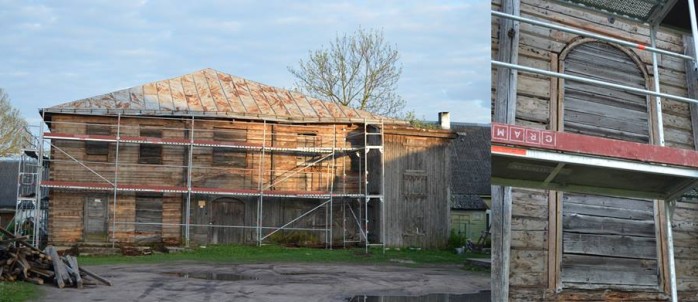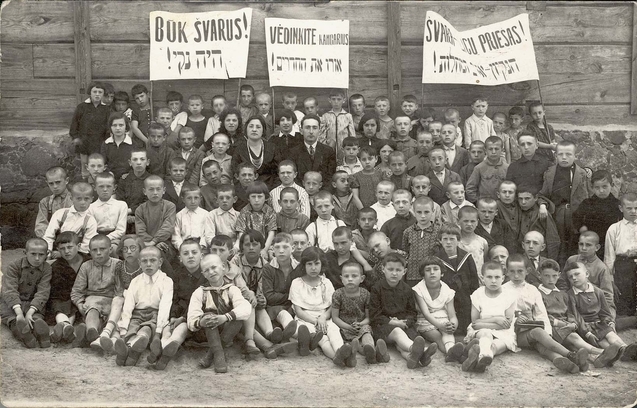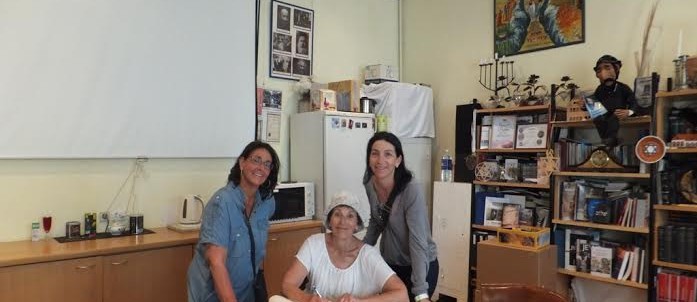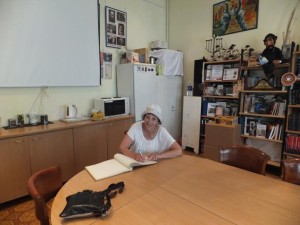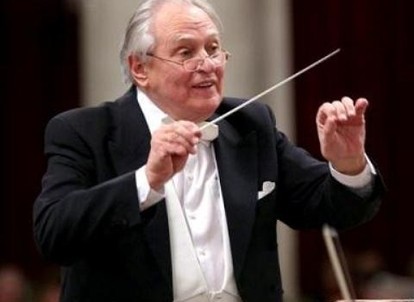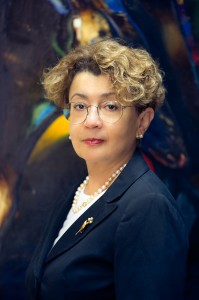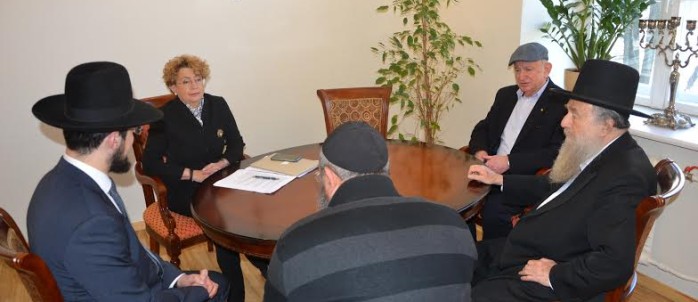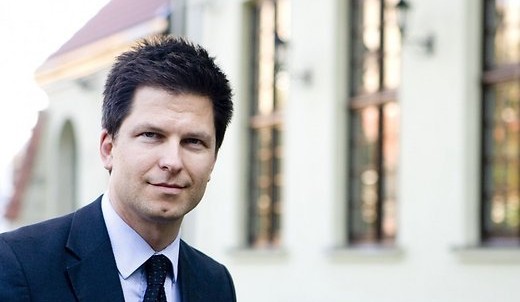
Photo: by K. Čachovskis, courtesy Delfi.lt
Lithuanian Jews have contributed to the creation and success of the Lithuanian state from its very foundation.
This is an indisputable fact. As we sometimes like to say with pride (without thinking too much about what responsibilities history places upon us), the Grand Duchy of Lithuania was for its time a conspicuously liberal state which sheltered and safeguarded many tribal and ethnic groups as its own citizens.
One doesn’t have to look far back in the past to find the contribution made by Lithuanian Jews. Called upon and supported by their community leaders to do so, young Litvaks stood shoulder to shoulder with our grandfathers and great-grandfathers in the battle for Lithuanian independence from 1918 to 1920. As Donatas Januta reminds us in the Lithuanian-American newspaper Draugas, the volunteer battalion established and provisioned by Jews was one of the first armed units of the Lithuanian military. Many of its members were decorated for their bravery and sacrifice with medals, including the Order of the Cross of Vytis.
Lithuania’s Jews didn’t just support Lithuanian independence and consolidation through financing, weapons and their lives, they also supported it politically. Simanas Rozenbaumas, a Jew, successfully represented Lithuania in the Paris peace conference at Versailles and in negotiations with the Soviet Union, and Jews took part in the first Constituent Parliament as well. Jews also strongly supported the return of the Vilnius territory to Lithuania.


